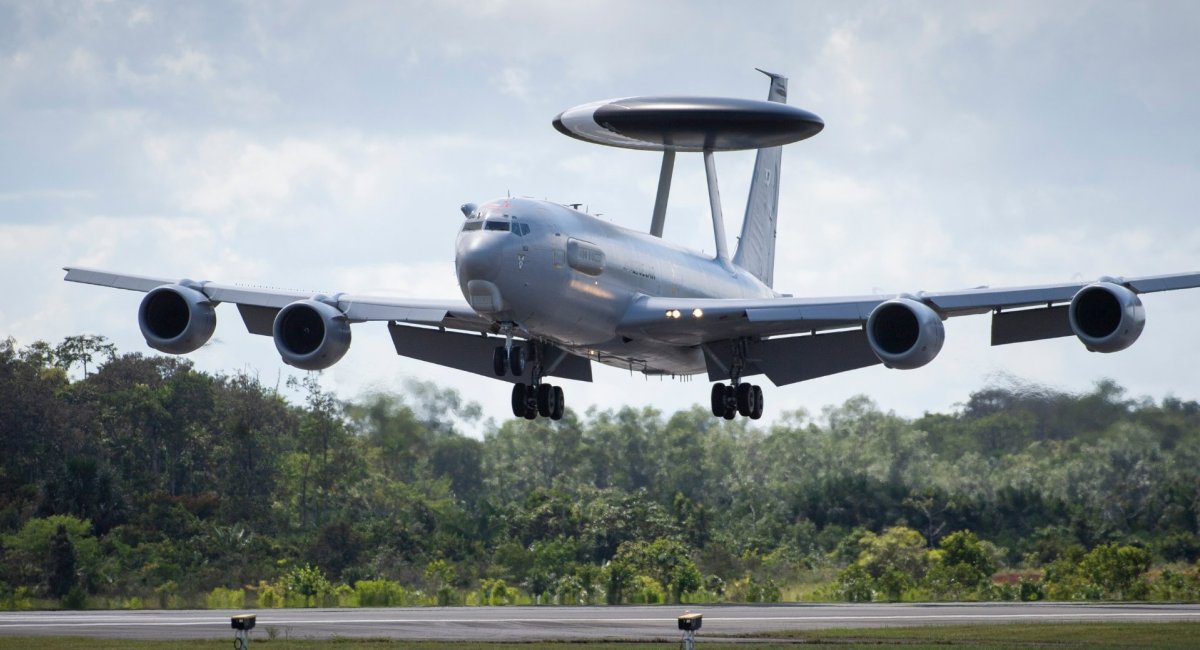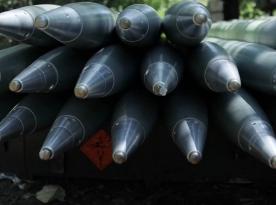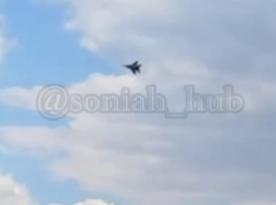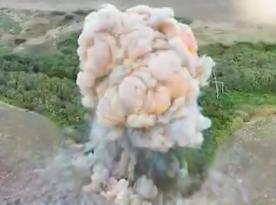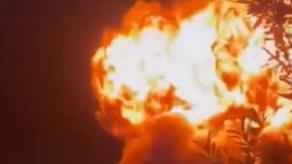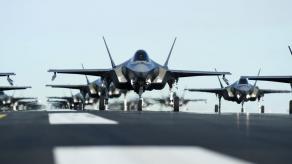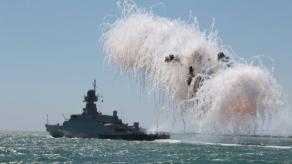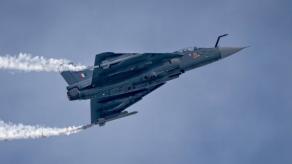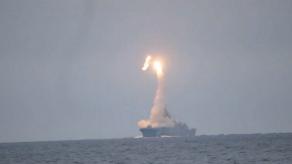France wants to buy Swedish Saab GlobalEye airborne early warning radar systems to replace four American Boeing E-3F Sentry aircraft. Despite being modernized in the 2010s, the jets have been in service since the 1990s and became obsolete.
A joint declaration on the purchase of two GlobalEye jets was signed at the Paris Air Show in Le Bourget 2025 between Saab and the French defense procurement agency Direction générale de l'Armement (DGA). The agreement includes on-ground equipment, technical support, and personnel training.
Read more: Why Indonesian Military Sees Ukrainian Weapons as Key to Its Modernization
RELEASE: France announces intention to procure GlobalEye Joint declaration of intent regarding the sale of Saab’s GlobalEye Early Warning and Control (AEW&C) aircraft to France signed with @DGA. #AEWC #defence #parisairshow https://t.co/t8V7WYSAc6 pic.twitter.com/2UEiwrpHlX — Saab (@Saab) June 18, 2025
Saab notes in a press release that a firm contract is expected to be finalised "in the coming months." In addition to the two aircraft, the agreement includes an option to purchase two more GlobalEye in the future, thus replacing all of the current French AWACS fleet.
The French Air and Space Forces have four Boeing E-3F Sentries in service, and prior to this annonucement, the most likely contender to replace the aging fleet was their direct successor — the E-7 Wedgetail. Outside the U.S., Wedgetail is operated by South Korea, Australia, Turkiye, and the UK, it's also planned for the joint NATO fleet, so choosing E-7 would be a logical step towards unification.
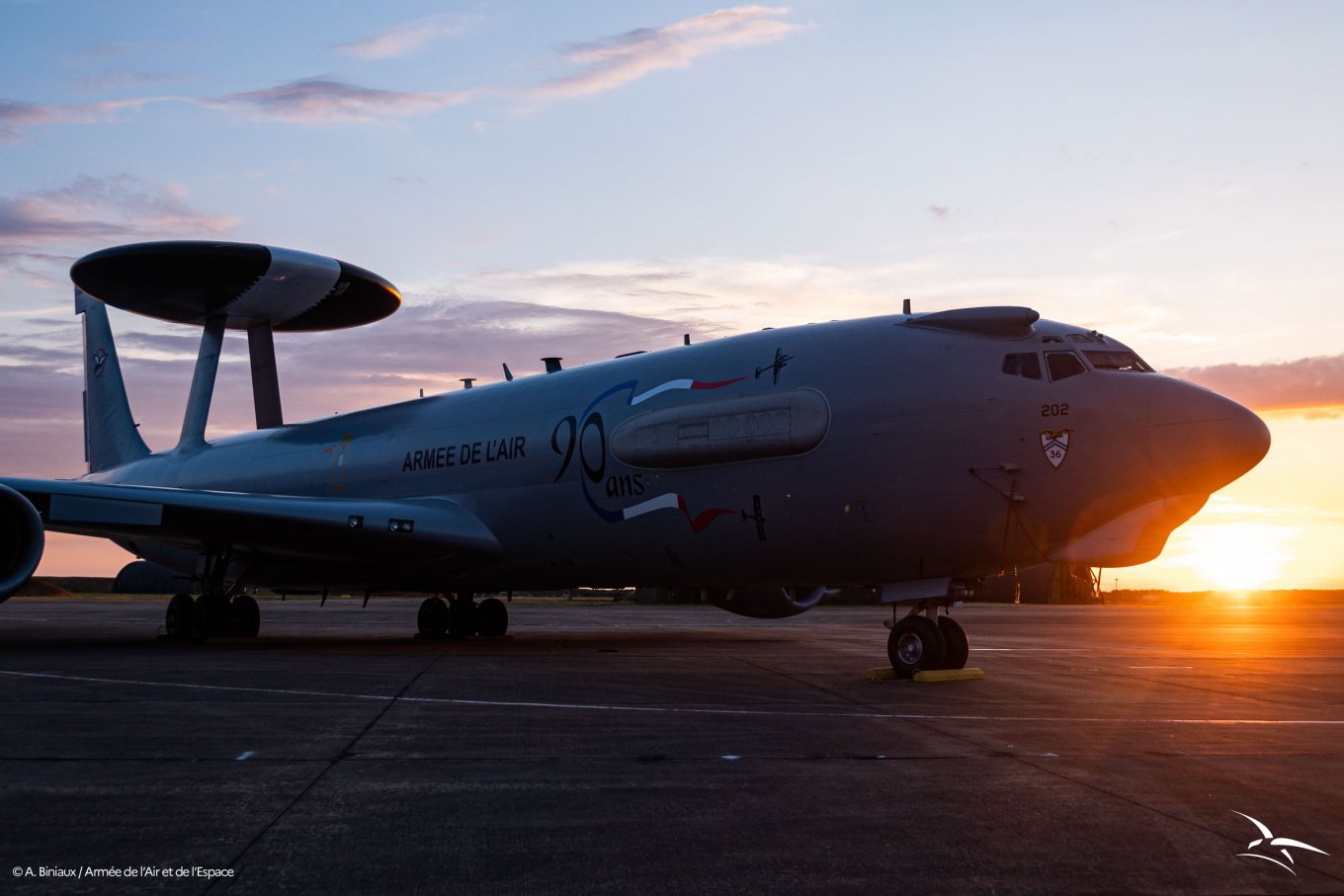
However, in today's geopolitical configuration, the acquisition of domestic European solutions becomes a much safer bet than an American system. France, as one of the main lobbyists of the policy, expectedly turned to Sweden for an alternative.
Currently, the only full-fledged operator of GlobalEye is the United Arab Emirates, where it bypassed the previously mentioned E-7. These aircraft are also currently ordered for the Swedish Air Force, where they will replace the ASC 890 promised to Ukraine, and are being considered by Canada, Denmark and Finland.
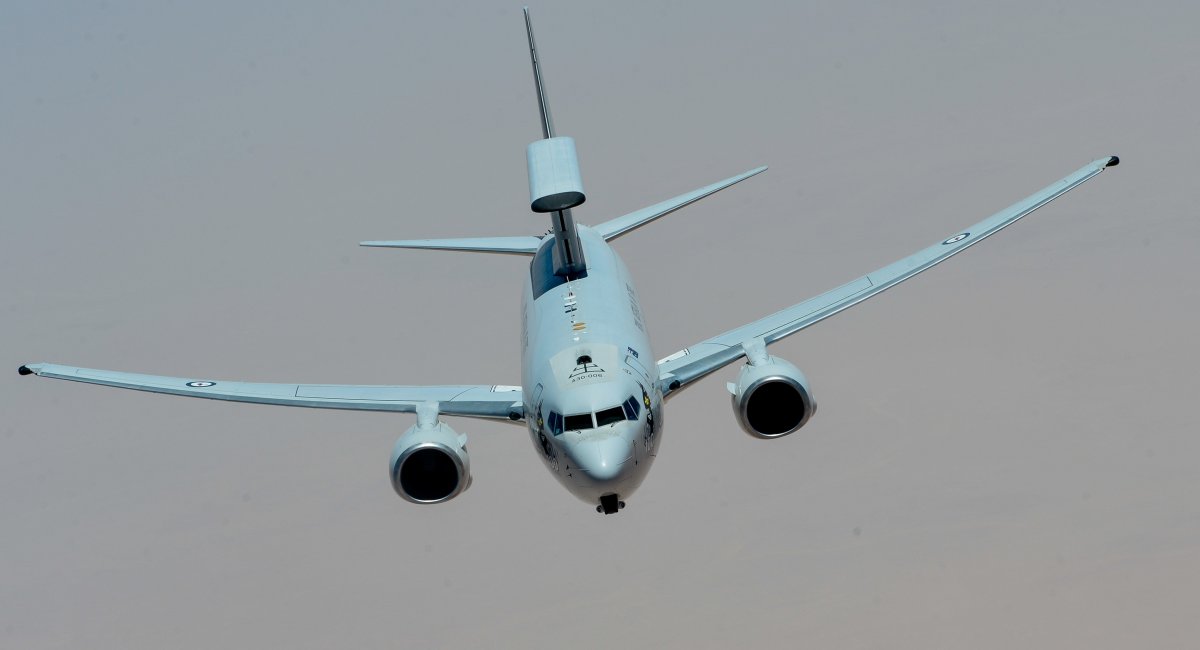
That said, if France is replacing AWACS its aircraft, it opens a window of opportunity for Ukraine to get the aged yet still capable E-3F airborne radars. But the real chances are slim: for one reason, since the agreement hasn't been signe yet, the delivery dates are unknown, and they will unlikely be close enough for France to willingly give away its critical asset right now.
For reference, here's how quickly some other countries received their orders. The UAE signed a contract with Saab in 2015 with amendments introduced in 2020, after that, five aircraft were delivered 2020 through 2024. Sweden ordered the first two GlobalEye systems in 2022 and the third in 2024, and it will only start arriving in 2027.
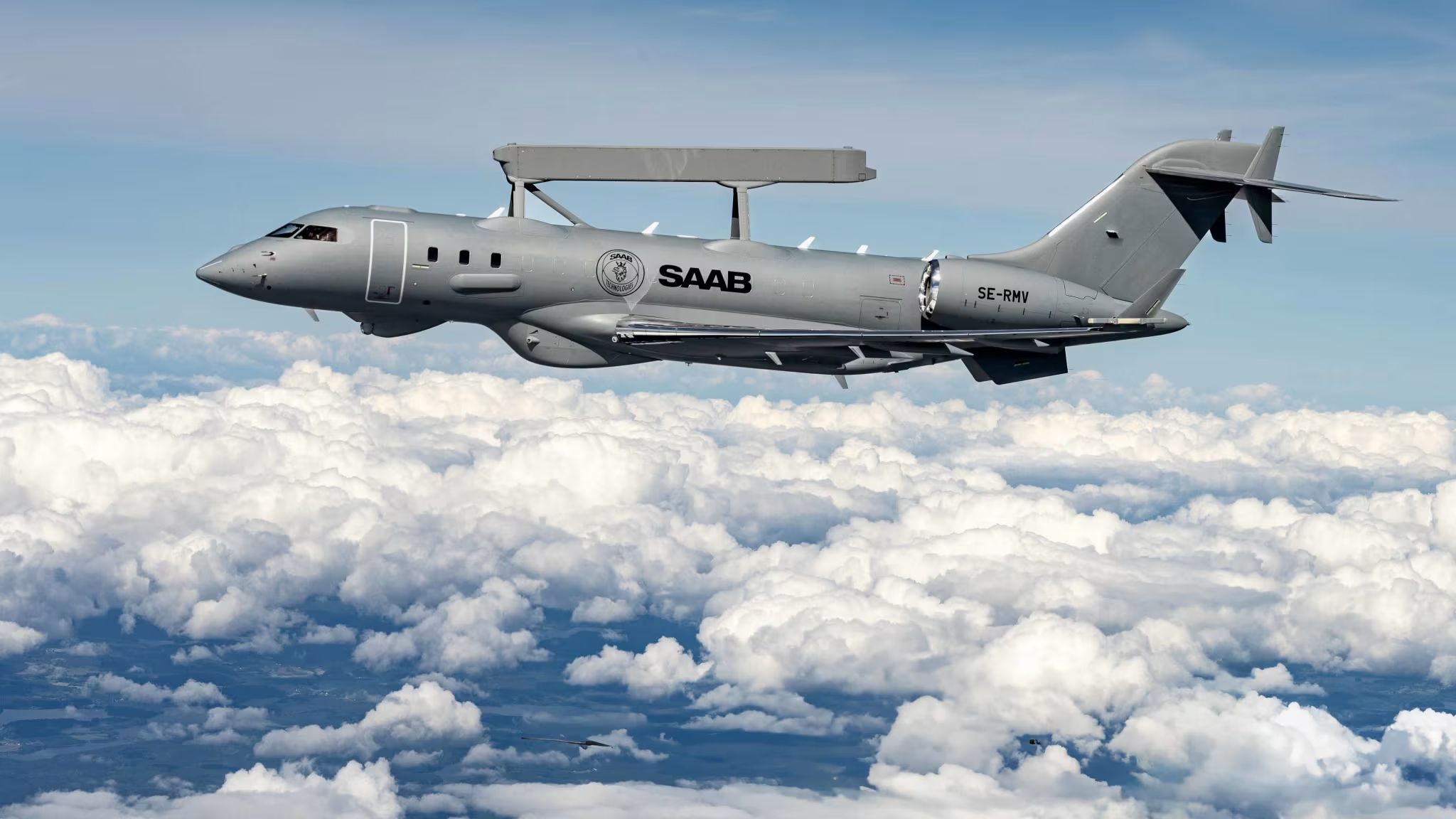
In other words, France — and Ukraine alongside it — will have to wait at least 5 years until the first supplies, coinciding with Paris' plans to begin retiring the E-3F in the first half of the 2030s. It is doubtful that the French military will hand any of the operational AWACS over to Ukraine before the new ones arrive.
Also, we should not forget that a permission is needed from the manufacturing country, the USA, and Washington has been passive when it comes to issuing such permits, as evidenced by delays in greenlighting Australian M1 Abrams tanks. Therefore, Ukraine getting the French E-3Fs any soon remains an unrealistic prospect.
Read more: U.S. is Blocking Australian Tanks For Ukraine But Also Pressures Greece to Hand Over Its Patriot — What's the Logic?



